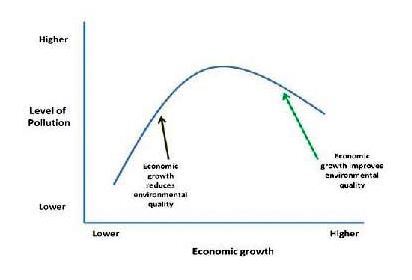Today we review an analysis of the way that 50 cities in the USA performs in terms of economic growth and sustainability and the role of public advocacy and business groups in their governance. It concludes that economic growth is a necessary condition to allow for the inclusion of the public input in developing sustainable urban policies in cities such as Portland or Seattle. As a side note, the article points out the striking difference in the roles of public and business advocacy at the national vs the local level- and the difference this makes in how cities are governed.

Key Quotes:
“the scale of city-level politics affects interest group advocacy is to step away from the seemingly logical assumption that urban lobbying is generally a smaller version of Washington lobbying. The critical difference is that city politics is characterized by low barriers to entry.. 80 percent of leaders of neighborhood groups have their phone calls to city hall ―almost always or ―usually returned”
Three hypotheses:
- “Cities with greater the inclusion of environmental groups in their policymaking processes will be more likely to aggressively pursue sustainability policies and programs than cities where there is lesser inclusion of environmental groups.”
- “Cities with greater inclusion of both business groups and environmental groups in their policymaking processes will be more likely to aggressively pursue sustainability policies and programs than cities where there is lesser inclusion of business and environmental groups.”
- “Cities with greater growth in per capita income will be more likely to exhibit greater inclusion of environmental groups in policy deliberations than cities with lesser growth in per capita income. “
“the degree to which large U.S. cities decide to adopt and implement sustainability policies seems to be strongly related to whether environmental groups are included in city policy making processes, even controlling for inclusion of business groups and businesses and the ideology of policymakers”
“the inclusion of environmental groups appears very strongly related to the robustness of the local economy, notably how much economic growth the city has experienced.”
“this current analysis provides prima facie evidence that, at least for the fifty studied cities, the inclusion of environmental groups matters, and there is a strong possibility that the strength and activity of such environmental groups may well be the product of economic development, very much in line with what might be predicted by the Environmental Kuznets Curve.”




No comments:
Post a Comment